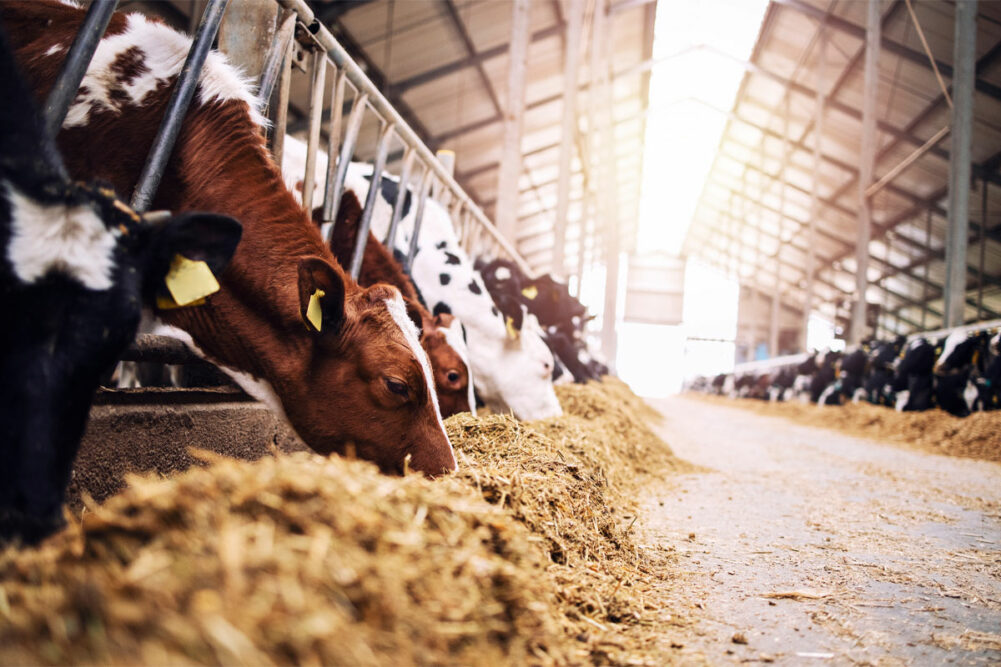KANSAS CITY — Cattle from dairy herds in Idaho, Kansas, Michigan, New Mexico and Texas have either exhibited symptoms associated with highly pathogenic avian influenza (HPAI) or received presumptive positive test results, according to the US Department of Agriculture’s National Veterinary Services Laboratories (NVSL). The agency also confirmed the strain identified in Michigan is similar to the strain confirmed in Texas and Kansas that may have been introduced by wild birds.
Dairy cattle infected with HPAI suffer a loss of production, but the USDA said milk loss resulting from symptomatic cattle to date is too limited to have an impact on supply. Infected cattle also have recovered after isolation with no associated mortality reported.
There continues to be no concerns about the safety of the commercial milk supply and there is not a risk to consumer health, according to the USDA. The Food and Drug Administration, however, recommended dairy processors should not manufacture or sell raw milk or raw/unpasteurized milk cheese products made with milk from cows showing symptoms of illness. The FDA also said it is not aware of any milk or food product from symptomatic cows entering the consumer market.
To protect dairy herds in Nebraska, the Nebraska Department of Agriculture (NDA) on April 1 issued an importation order that will require all breeding female dairy cattle entering the state to obtain a permit issued by the agency prior to entry. The order is to remain in place for 30 days and will be re-evaluated at that time.
“Animal health and disease control are essential to the livestock industry and health of Nebraska’s economy,” said Sherry Vinton, director of the NDA. “NDA is closely monitoring this HPAI illness in livestock. We will do what’s right to advocate for Nebraska producers, to protect the health of Nebraska livestock, and to minimize the impact HPAI will have on dairy producers in the state.”
The National Milk Producers Federation said that as information related to HPAI in dairy cows in several states began to circulate, the USDA’s Animal and Plant Health Inspection Service (APHIS) worked with state veterinary authorities as well as federal partners including the FDA to identify and respond to detections and mitigate the virus’ impact on US dairy production. Dairy farmers also have begun implementing enhanced biosecurity protocols on their farms, limiting the amount of traffic into and out of their properties and restricting visits to employees and essential personnel.




